
In the Asian film competition, some films are the first feature films of directors, but have also brought home international film awards, especially awards at major international film festivals around the world .
One of them is “The Dream of Waking Up,” a co-production between Brazil, Argentina and Taiwan (China), directed by Nele Wohlatz. The film tells the story of Kai, a girl from Taiwan (China) who goes to the mainland for a summer vacation and meets Fu Ang. Fu Ang then suddenly disappears. In her journey to find him, Kai accidentally meets Xiaoxin and a group of Chinese workers working on a skyscraper – their story seems to mirror her own. In the slow heat of summer, the bonds between them gradually form.
The film won the FIPRESCI Award for Best Film in the Encounter category at the 74th Berlin International Film Festival.
Another internationally acclaimed film is the Chinese film “Black Dog”. The film follows Lang, a man who has just been released from prison, as he returns to his home in a small town in the Gobi Desert in northwestern China, which is being demolished and rebuilt for the 2008 Beijing Olympics. During his stay, Lang finds and forms a bond with a stray dog with jet-black fur. The film stars many famous actors such as Eddie Peng, Tong Liya and director Jia Zhangke.
The film bears the strong personal mark of director Guan Hu, a typical representative of the sixth generation of directors in China. “Black Dog” was honored in the Un Certain Regard category at the 2024 Cannes Film Festival.
The film “Sacred Fire” – a work by Indian director Abhilash Sharma brings a truly different perspective on the lives of people in the lowest class of Indian society.
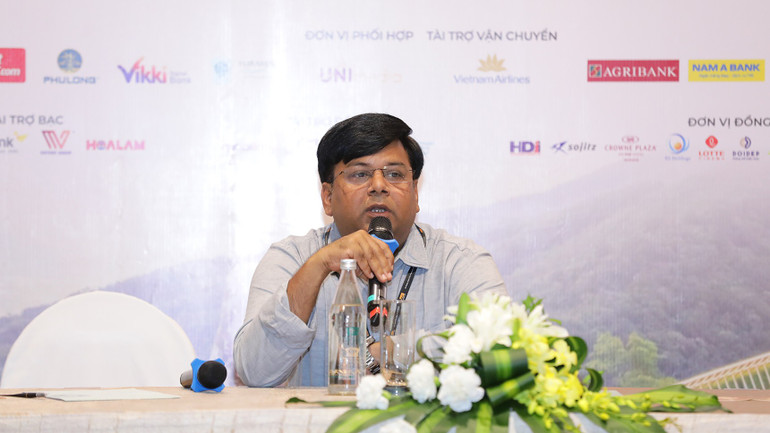
The film follows the lives of Rukhiya and Phekan's family in a small, remote village, where there is nothing but poverty and social discrimination. Phekan leaves the village to work in the city but is robbed and exploited, losing everything. Rukhiya is abandoned, suffers harsh judgment and is haunted by whispers, visions and past traumas, causing her to lose touch with reality. Nehura, a crematorium worker, comes across Rukhiya and Phekan, connecting them on a difficult journey of salvation and awakening.
“Sacred Fire” once brought director Abhilash Sharma the Best Director award in the Asian category at the Shanghai International Film Festival.
“Abel” is the feature film debut of Kazakh director Elzat Eskendir, who has also won multiple international awards.
The film is set in the post-Soviet privatization period of 1993, when collective farms were dismantled and property began to be privatized. The distribution of property was complicated when those in power abused their power. Will a peasant with a simple desire to receive his rightful share of property have to compromise with corruption or bravely stand up for what is right?
The film won 3 awards at the 2025 Vesoul International Film Festival of Asian Cinema including Best Film (Critics' Council Award), Grand Prize of the International Jury and NETPAC Award.
Finally, we cannot help but mention “Rain on the Butterfly Wings” by Vietnamese director Duong Dieu Linh. The film is a half-spiritual, half-realistic story, revolving around the family dialogue between Mrs. Tam and her unfaithful husband, under a house with a cracked and leaky ceiling that no one else can see except the two of them.
“Rain on Butterfly Wings” is the debut film of 9x director Duong Dieu Linh, who has participated in many project development programs such as Full Circle Lab, Less Is More, Locarno Open Doors Hub, Attagirl and most recently Hongkong-Asia Financing Forum (HAF).
At HAF, the film won two awards, the Udine Focus Asia Award and the Wouter Barendretch Award.
In addition, the film is also the only representative of Vietnam at the 2024 Venice Film Festival to win two awards in the International Critics Week.
The fact that many quality films, which have won international awards, are competing at the Da Nang Asian Film Festival is a very encouraging sign, not only showing the trust and "trust" of international filmmakers in this young film festival, but also the most concrete measure of the quality of Vietnamese art films right at home.
And that is also the biggest reason and motivation for Vietnamese filmmakers to make worthy films right at their own film festival, where the home field factor is no longer an advantage.
Source: https://nhandan.vn/diem-lai-nhung-ung-cu-vien-nang-ky-cua-hang-muc-phim-chau-a-du-thi-post891841.html




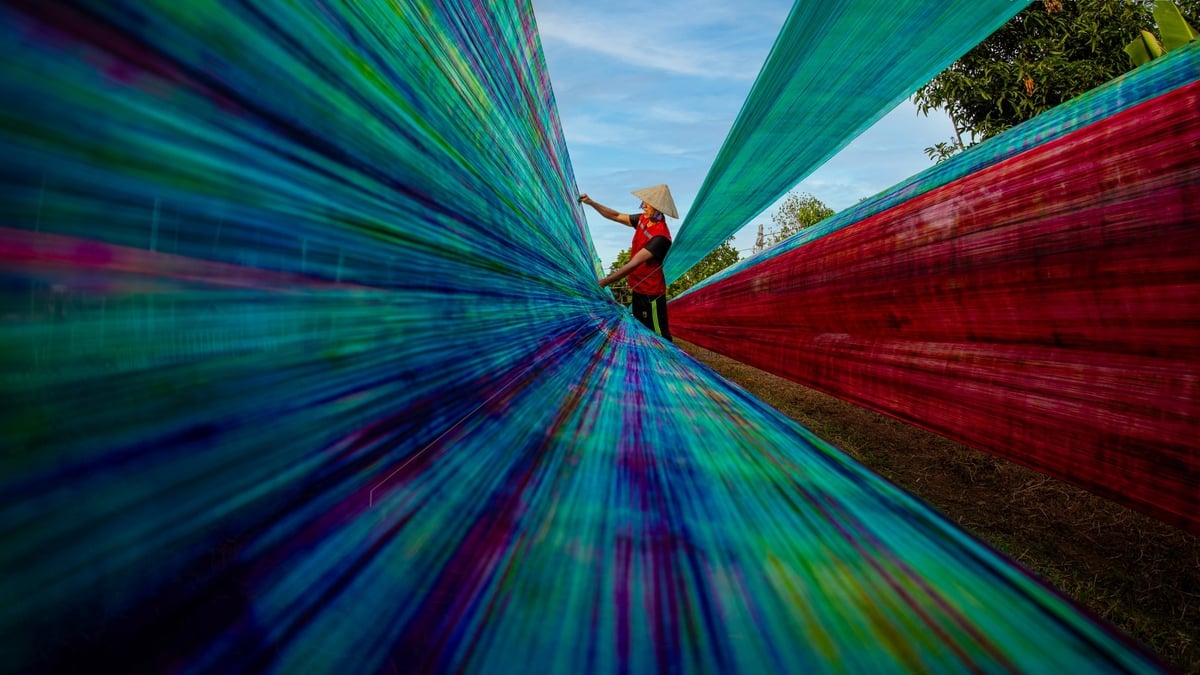





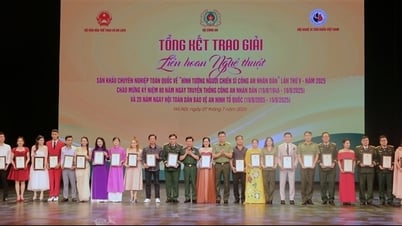

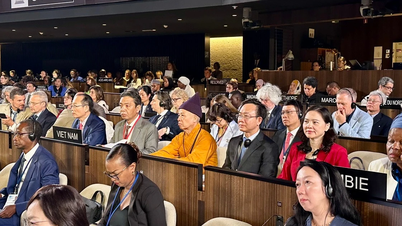













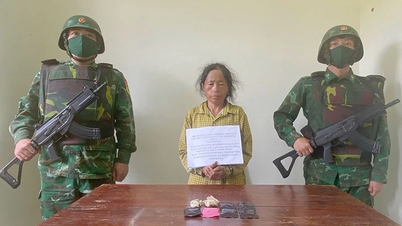



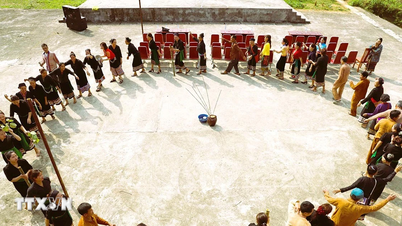
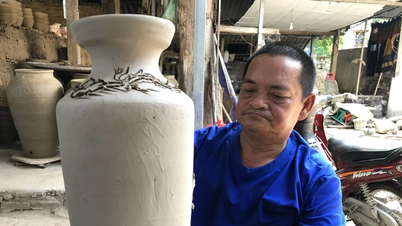





















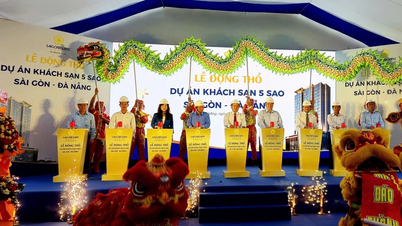
















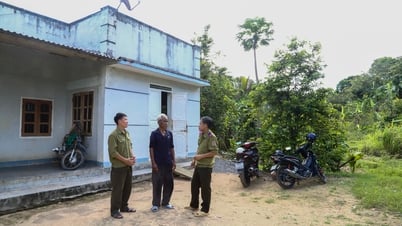














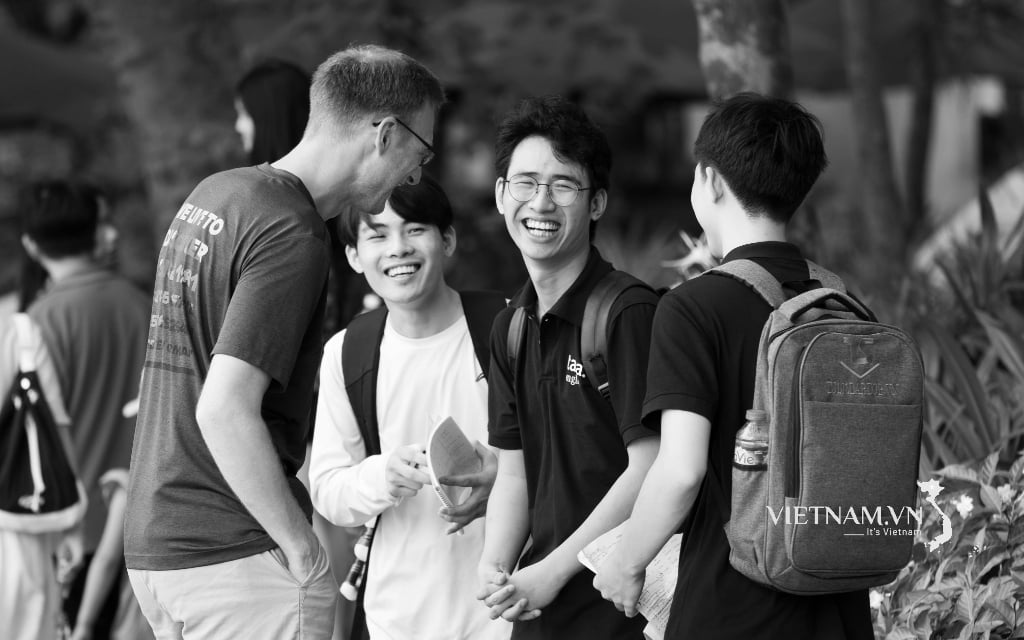
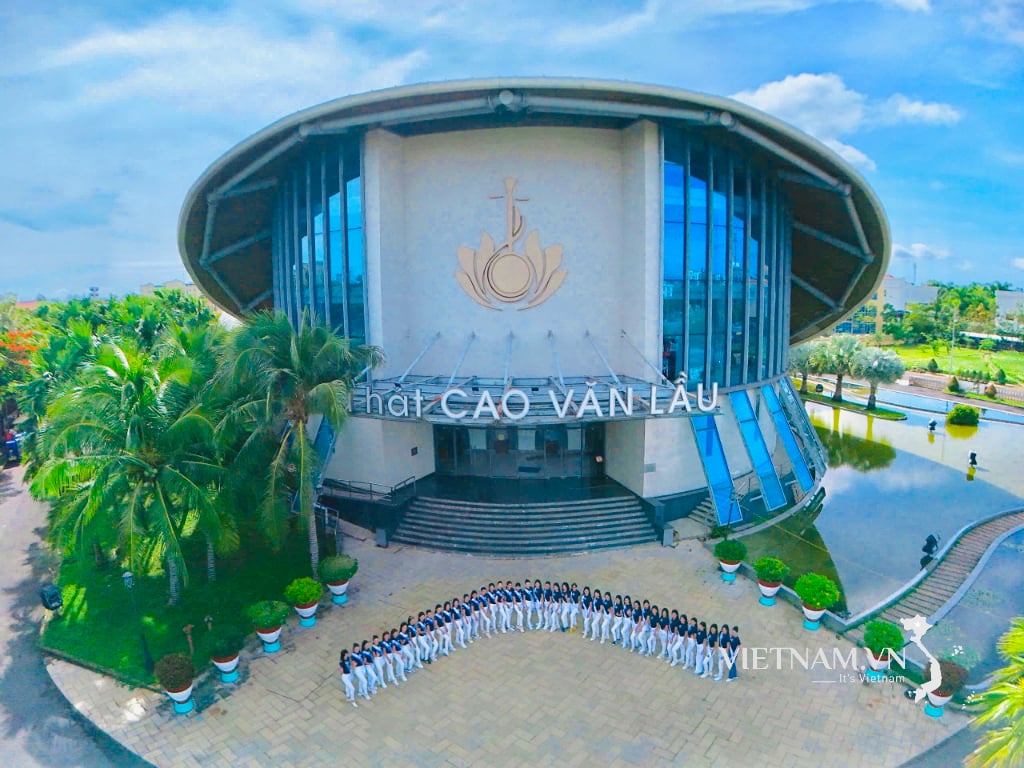


Comment (0)